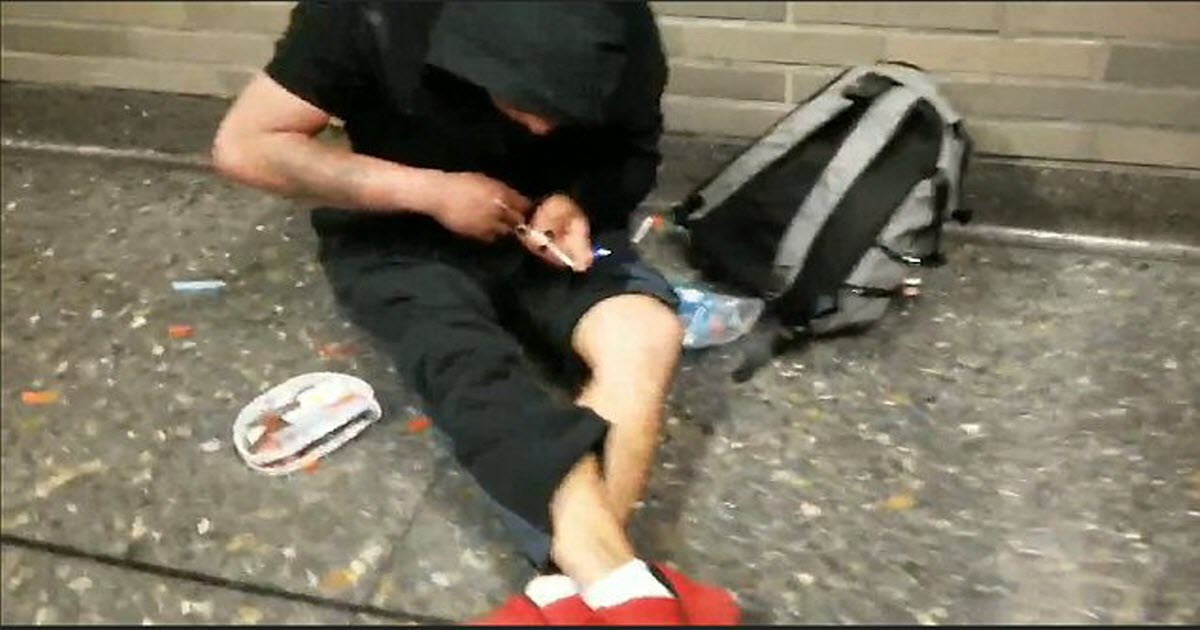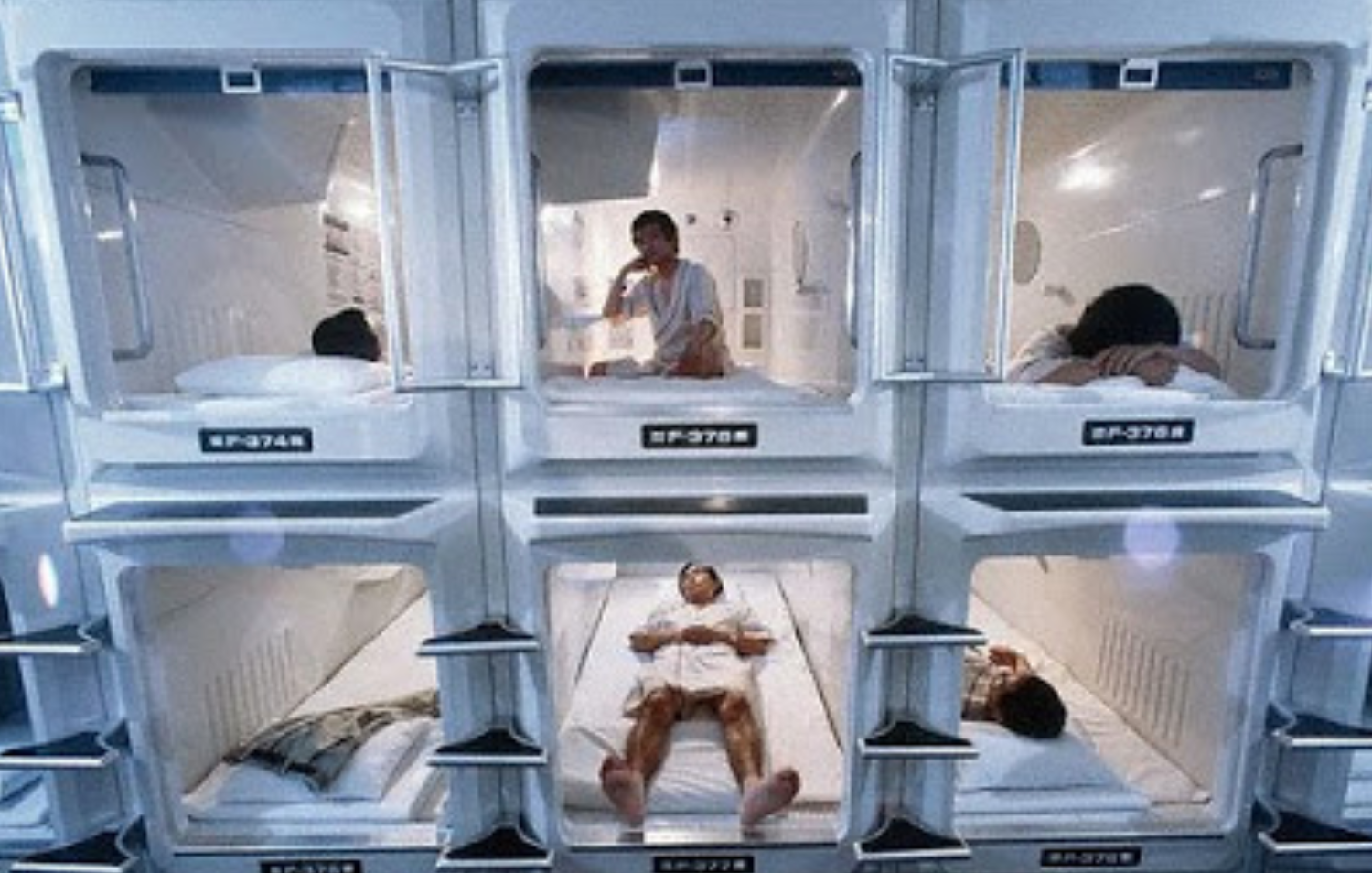Remember when I told you there would be millions of homeless in the near future?
We’re getting closer to that sort of thing, frankly.
You know what might make people feel better?
Game of Thrones memes…?
The statewide eviction and foreclosure moratorium expires on Saturday Oct. 17, leaving tens of thousands of households across the commonwealth in fear of losing their homes amid the coronavirus pandemic.
The Metropolitan Area Planning Council estimates some 60,000 renter households across the state “fear imminent eviction,” while housing advocacy group City Life/Vida Urbana estimates the number to be closer to 100,000.
The moratorium was originally put in place as an emergency protection ahead amid the coronavirus pandemic, and many have called on Gov. Charlie Baker to once again extend the moratorium — particularly given the winter months and flu season approaching, as well as a potential second surge of the Covid-19 pandemic that brought the region to its knees this spring.
But while Baker has already extended the moratorium twice this year, he hasn’t signaled that he intends to do so again. Indeed, on Monday he injected $171 million into housing stability protection, including $100 million to support the Residential Assistance for Families in Transition Program. Part of that additional funding, however, was to recall 15 retired judges to clear a backlog of cases at the commonwealth’s Housing Court.
Some landlords say they’re sympathetic to the plight of renters, but argue that most of the city’s residential property owners can’t survive the continued risk of not being paid by tenants. They also say it affects the quality of life for everyone if they can’t afford to pay for property maintenance because they aren’t able to collect rent.
On Friday, Massachusetts Attorney General Maura Healey added her voice to those calling on Baker to extend the moratorium. Since the start of the pandemic, Healey’s office has halted more than 80 illegal evictions, and she argued that the protections and programs Baker funded should be fully staffed and operational prior to the eviction’s end, such as hiring and training mediators and legal aid attorneys.
“We need the time to do this right. That means extending the moratorium until the safety net created under this plan is up and running and resources are fully available to all residents,” Healey said in a statement. “Too much is at stake when it comes to the health and safety of our residents.”
Indeed, many housing advocates this week expressed a sense of concern and trepidation about the moratorium’s end.
“There’s a lot of confusion, and there’s a lot of fear,” said Vanessa Calderón-Rosada, CEO of community development corp. Inquilinos Boricuas en Acción in Boston’s South End. “People are scared as to what’s going to happen.”
‘Winter is coming’
Worries about the moratorium’s end stems largely from the ongoing uncertainty over the Covid-19 pandemic. Advocates say they’re grateful for the additional funding into housing stability programs, and recognize that the eviction ban can’t be extended forever. But they fear the colder winter months and a potential second wave of the pandemic approaching.
Kimberly Mendoza Iraheta, a care navigator at the East Boston Neighborhood Health Center, said that while the additional $100 million toward the commonwealth’s RAFT program helps, “it’s a very small Band-Aid for a very big wound that is the housing crisis.” Many of the up to 100,000 households that could be impacted by the eviction moratorium are families that have complex medical needs that could be made much worse by moving to another home, she said.
“It’s cruel to think that winter is coming, and Covid-19 is still here and probably will be getting worse, and the flu season is coming,” Iraheta said.
She said the lifting of the eviction moratorium exacerbates “a domino effect” because it’s expected to disproportionately hurt households that have already faced severe hardship amid the pandemic, both from infection rates and job losses from the business shutdown this spring. Low-income households have lost jobs at four times the rate of higher-income earners in the pandemic, impacting their ability to make rent payments, according to the most recent Greater Boston Housing Report Card. Lower-income people of color working essential jobs had the highest rates of coronavirus infection, research shows — and those neighborhoods most impacted by the Covid-19 pandemic will be most impacted by the eviction moratorium lift.
Frankly, this is likely to drag on for a while.
I don’t really expect it to happen before the winter.
They will keep extending the moratorium, or paying people’s rent, sending them checks, etc.
The idea here is to just slowly ease the entire middle class into abject poverty. It’s intended to happen over a period of years. Many people will get hooked on drugs in the process, and be less inclined to anger.
Then, when everyone is used to abject poverty, they’re going to start kindly offering you pods to live in, and those pods will seem really nice to you.
 Daily Stormer The Most Censored Publication in History
Daily Stormer The Most Censored Publication in History





